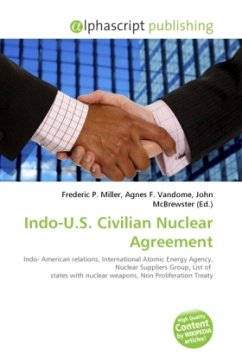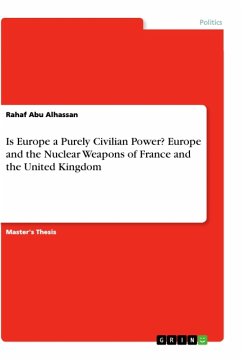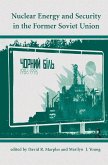High Quality Content by WIKIPEDIA articles! The Indo- U.S. civilian nuclear agreement, known also as the Indo-U.S. nuclear deal, refers to a bilateral accord on civil nuclear cooperation between the United States of America and the Republic of India. The framework for this agreement was a July 18, 2005 joint statement by Indian Prime Minister Manmohan Singh and then U.S. President George W. Bush, under which India agreed to separate its civil and military nuclear facilities and place all its civil nuclear facilities under International Atomic Energy Agency (IAEA) safeguards and, in exchange, the United States agreed to work toward full civil nuclear cooperation with India. This U.S.-India deal took more than three years to come to fruition as it had to go through several complex stages, including amendment of U.S. domestic law, a civil-military nuclear Separation Plan in India, an India-IAEA safeguards (inspections) agreement and the grant of an exemption for India by the NuclearSuppliers Group, an export-control cartel that had been formed mainly in response to India's first nuclear test in 1974.
Bitte wählen Sie Ihr Anliegen aus.
Rechnungen
Retourenschein anfordern
Bestellstatus
Storno








